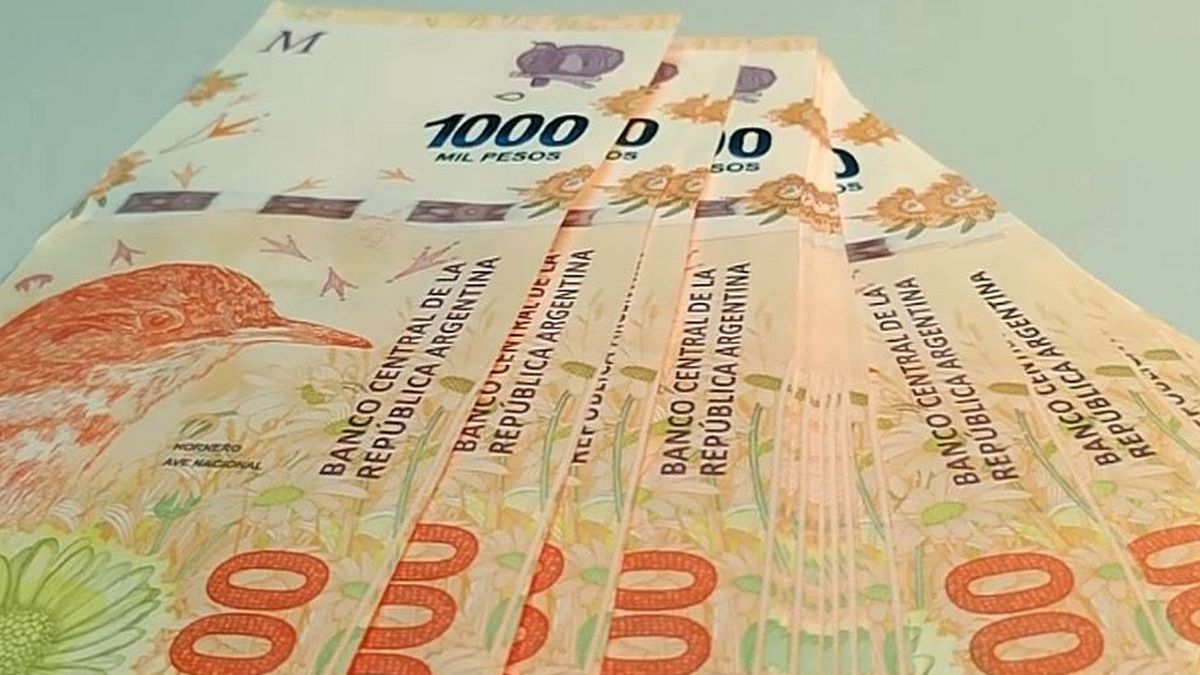The official concern regarding the rise in prices, in particular of food, led the president since last Saturday to be engaged with the ministers of Economy, Martín Guzmán, from Agriculture, Julián Domínguez, from Production, Matías Kulfas in designing a package of measures to mitigate the impact of the rise in the prices of the main agricultural products such as wheat and corn.
Precisely this Tuesday the price index corresponding to February will be known, which is estimated to exceed 4% and for March the expectation is not that it will be lower. In this regard, the economist Marina del Pogetto estimates that the rise in prices in these two weeks of March would indicate that the monthly projection could be closer to 5%.
In this sense, various measures are being analyzed that would contemplate raising the withholdings on manufactured soy products by a couple of points with the aim of expand the amount of the trust for wheat, expand the amount of Care Price products, establish maximum prices for some basic necessities, set the price of flour, among other.
It is not ruled out that all these measures can be applied simultaneously. What they do definitively rule out in the Casa Rosada is that they think about applying a rise in withholdings to wheat and corn.
Yesterday, different members of the Executive Power held meetings with different companies linked to mass consumption products as well as the agricultural sector.
As stated by the Minister of Economy, Martin Guzman this Monday before the Senate of the Nation “The objective is to find a balance between production incentives and the impact on domestic inflation. Having said that, I answer: an increase in export duties on grains, wheat, corn, sunflower, soybeans and other grains is not being contemplated.”responded in this way the head of the Treasury Palace to the question of the senator from Entre Ríos, Alfredo De Angeli. With this premise, they work in the Casa Rosada, they explain in the presidential environment.
For the government, the situation in Ukraine “has economic consequences that must be addressed.” One of them is the rise in energy and food prices. In this sense, there are already reports from both the IMF and the World Bank that warn of lower growth and higher inflation.
It should be noted that many economies rely heavily on Russia and Ukraine for food supply, with both countries supplying more than 75% of the wheat imported by a group of economies in Europe and Central Asia, the Middle East and Africa.
Russia is also a major force in the energy and metals market, accounting for a quarter of the natural gas market, 18% of the coal market, 14% of the platinum market and 11% of the crude oil market. .
A sharp drop in the supply of these basic products would hamper construction, the petrochemical industry, and transportation.
Source: Ambito
David William is a talented author who has made a name for himself in the world of writing. He is a professional author who writes on a wide range of topics, from general interest to opinion news. David is currently working as a writer at 24 hours worlds where he brings his unique perspective and in-depth research to his articles, making them both informative and engaging.




